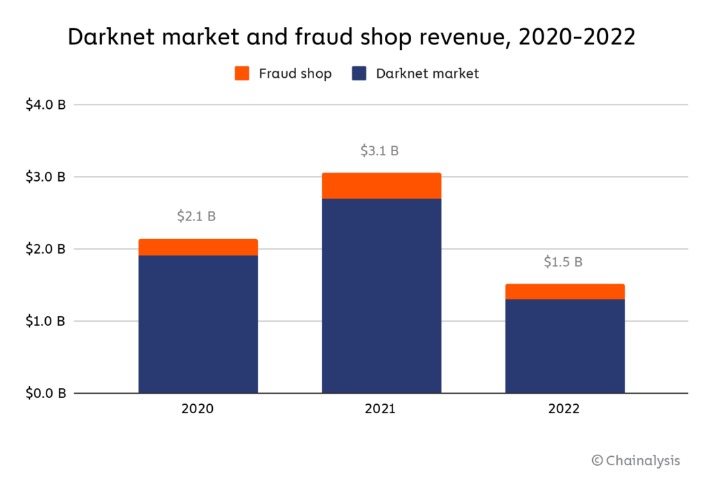Archived: Dark Web Marketplace Owners Charged With Facilitating $430M in Illegal Goods Sales
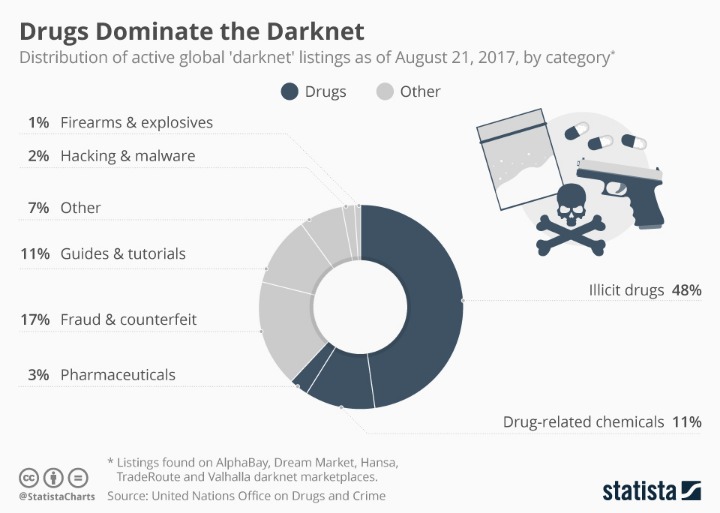
The darknet market has long been associated with illegal trade and clandestine transactions, serving as a hub for various illicit activities. Recently, authorities announced the arrest of several marketplace owners involved in facilitating over $430 million in illegal goods sales. This crackdown highlights the ongoing efforts to combat criminal enterprises operating within these hidden online environments. The darknet market ecosystem remains complex, with operators continually adapting to law enforcement efforts, but such actions aim to disrupt the flow of illegal commodities and ensure better security for users. For those interested in exploring the darker corners of the internet, some markets still operate with relative anonymity, such as the one accessible through this darknet marketplace, which offers a glimpse into the shadowy world of illegal transactions.
The Darknet Ecosystem in the Wake of Hydra Market
The dark web marketplace remains a complex and often clandestine segment of the internet, where illicit goods and services are frequently exchanged outside the reach of traditional law enforcement. Recently, authorities worldwide have intensified efforts to combat illegal activities within this ecosystem, leading to significant legal actions against key operators. In particular, the arrest and charging of several marketplace owners have highlighted the ongoing battle against illegal trading platforms. These marketplaces have been responsible for facilitating billions of dollars in transactions involving drugs, weapons, counterfeit items, and more.
One notable case involved the shutdown of Hydra Market, which was once considered one of the largest and most sophisticated darknet markets. Its closure marked a major milestone in efforts to disrupt the dark web ecosystem that supports such illegal trade networks. The market’s operators faced charges linked to facilitating over $430 million worth of illegal sales, underscoring the immense scale and impact of these operations.
These developments demonstrate how law enforcement agencies are making significant progress in dismantling networks that enable anonymity and illicit transactions on the dark web. The crackdown not only disrupts criminal activities but also serves as a warning to other operators who attempt to capitalize on the darknet’s anonymity for profit. Despite ongoing efforts, the darknet continues to evolve, with new markets and methods emerging, making it a persistent challenge to regulate and monitor effectively.
The fight against illegal activities on the dark web emphasizes the importance of international cooperation, advanced technological tools, and vigilant legal strategies. While some markets like Hydra have been dismantled, the underlying demand for illegal goods sustains the growth of new platforms, perpetuating the cycle of illicit trade. Continued vigilance and innovation in law enforcement are crucial to mitigating the risks associated with the darknet ecosystem and protecting society from its harmful impacts.
What are Darknets & Dark Markets?
The darknet market is a part of the internet that is not accessible through standard web browsers and search engines. It operates on overlay networks, often utilizing the Tor network, which provides users with a high level of anonymity and privacy. These markets are commonly used for buying and selling a variety of goods, some legal and many illegal, including drugs, weapons, stolen data, and counterfeit items.
Darknets are decentralized networks that require specific software, configurations, or authorization to access. These networks enable users to communicate and conduct transactions with a degree of confidentiality that is difficult to achieve on the open internet. Dark markets function as online marketplaces within these darknets, connecting sellers and buyers in a hidden environment, often with encrypted communication channels and cryptocurrency as the primary mode of payment.
Recent law enforcement actions have brought attention to these clandestine operations, resulting in charges against market owners for facilitating hundreds of millions of dollars in illegal sales. Such cases highlight the ongoing efforts to combat illegal activities on the dark web and disrupt illegal marketplaces. Despite these efforts, darknets and dark markets continue to evolve, posing challenges for authorities and emphasizing the importance of cybersecurity awareness and law enforcement vigilance.
Primary Risks For Users Of Darknet Marketplaces
The dark web marketplace environment is known for its anonymous and often illicit transactions, posing significant risks to both users and the broader digital ecosystem. Recently, authorities announced charges against marketplace owners involved in facilitating the sale of approximately $430 million worth of illegal goods. This crackdown underscores the persistent issues associated with darknet markets, which are frequently used for activities ranging from drug trafficking to hacking services. Users of these platforms often seek anonymity and quick access to illicit products, but they also expose themselves to substantial danger.
The primary risks for users engaging with darknet marketplaces include exposure to legal repercussions, scams, and compromised personal information. Because operations are conducted behind layers of encryption and anonymous networks, law enforcement agencies continually work to identify and dismantle these illegal platforms. Users who participate in transactions are vulnerable to scams or losing money, as many marketplaces lack protections for buyers and sellers. Additionally, there is the risk of malware and surveillance, which can lead to identity theft or other cybercrimes.
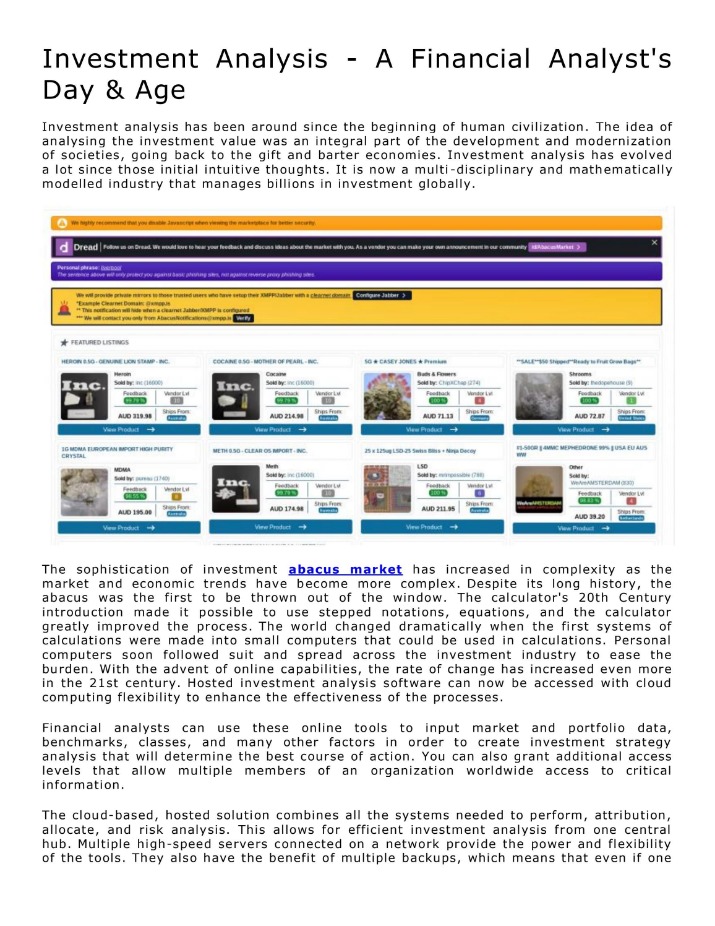
Despite the allure of anonymity and the availability of illegal goods, the dark web marketplace environment is fraught with dangers. Authorities are increasingly active in monitoring and prosecuting those involved in facilitating illegal sales, highlighting the importance of awareness and caution among users. It remains critical for individuals to understand that engaging with such platforms can have serious legal and financial consequences, and the risks far outweigh any potential benefits.
- The investigation uncovered a local criminal organization linked to a large international drug supply operation.
- Similarly, at the time of the takedown, Hansa was the third largest dark web marketplace, the perfect honeypot for global law enforcement teams to lure in cyber criminals and strike back.
- To secure against these risks, organizations invest in robust cybersecurity strategies, conduct regular security assessments, and educate employees to recognize and mitigate threats.
Why are Billion-Dollar Darknet Markets Retiring?
The rise of billion-dollar darknets has been one of the most intriguing developments in the digital underground economy. Recently, many of these large-scale darknet markets are choosing to retire or shut down their operations. Several factors contribute to this trend, including increasing law enforcement scrutiny, sophisticated tracking techniques, and the rise of decentralized alternatives. These markets once flourished as global hubs for illicit trade, but mounting pressure has prompted operators to reconsider their ventures. For more insights into the evolving landscape of darknet markets, you can explore our comprehensive guide on darknet market(http://xv3dbyu75coadsrwlbofnsg3dj5axfzcxh5v4nrvtcn3ey7uv6vrf5yd.onion), which offers detailed analysis and latest developments in this clandestine industry.
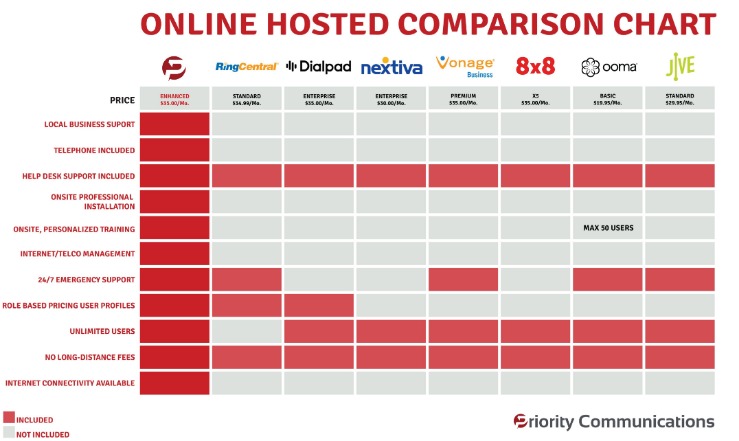
Darknet Market Versus Shutting Down After Critical Exploit Leak
Darknet markets, once thriving hubs for anonymous trade, are increasingly retiring due to a combination of legal pressures, security concerns, and evolving operational challenges. These platforms, which facilitate the exchange of illegal goods and services, have faced mounting scrutiny from law enforcement agencies worldwide, leading many to shut down voluntarily. The proliferation of high-profile law enforcement operations and critical exploit leaks have significantly undermined confidence and security within these markets, prompting owners to withdraw their services to avoid detection and legal repercussions.
The contrast between darknet markets and traditional online marketplaces highlights their vulnerable nature. While these platforms offer anonymity, they are not impervious to sophisticated cyberattacks and law enforcement tactics. A critical exploit leak, which involves the exposure of sensitive operational data or security flaws, can be catastrophic for these markets. Such leaks often reveal vendor identities, transactions, and internal communications, posing a substantial threat to both the marketplace’s continued operation and the safety of its users.
In light of these threats, many *darknet markets* are choosing to retire rather than risk exposure or shutdown by authorities. The decision to shut down usually comes after a critical security breach or law enforcement crackdown that exposes vulnerabilities, rendering the marketplace unsustainable. Additionally, some markets opt for self-termination to prevent data leaks, reputation damage, or further criminal investigations. Overall, the combination of heightened legal enforcement, technological vulnerabilities, and the inherent risks of illegal trade has made operating a *darknet market* increasingly untenable, leading to a trend of retiring or shutting down after critical exploit leaks and other security incidents.
Darknet Marketplace Snapshot Series: Ares Market
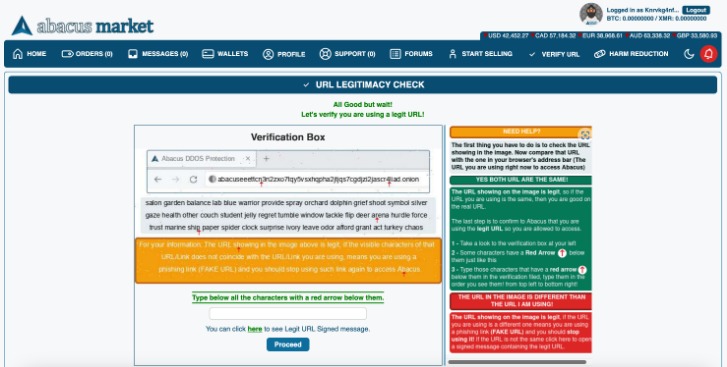
Darknet markets have long served as clandestine platforms facilitating the exchange of various goods and services outside the reach of traditional regulatory frameworks. Recently, a notable trend has emerged: many of the world’s most prominent billion-dollar darknet markets are retiring or shutting down. Several factors contribute to this significant shift in the illicit online economy.
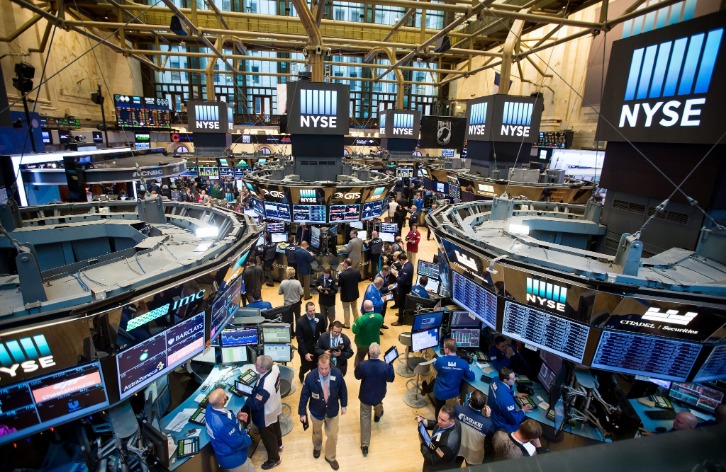
One primary reason for their retirement is increasing law enforcement activity. Authorities worldwide are deploying advanced cyber-investigation techniques and collaborating across jurisdictions to dismantle these marketplaces. High-profile takedowns disrupt customer trust and create an environment of uncertainty that discourages new users and vendors from participating in illicit transactions.
Additionally, the evolution of technology and security measures has made it more challenging for darknet markets to operate covertly. Enhanced blockchain analysis, improved exit scam detection, and more rigorous platform security protocols make it difficult for these markets to maintain anonymity and financial security. As a result, many platform operators choose to cease operations rather than face imminent shutdowns or legal repercussions.
Market saturation and competition also play roles in their retirement. The darknet ecosystem constantly evolves, with new markets emerging and older ones collapsing or consolidating. When a platform reaches a certain size, it becomes a bigger target for law enforcement or internal breaches, prompting operators to retire before facing the consequences.
Furthermore, there is a growing awareness among users regarding the risks involved in engaging with these platforms. The potential for scams, law enforcement surveillance, and financial loss has led to decreased demand, reducing the profitability of operating such markets.
Despite these retirements, the darknet market ecosystem remains dynamic. New platforms continue to appear, often adopting lessons learned from their predecessors, including safer operational practices and better security. The landscape is constantly shifting as vendors and buyers seek safer channels for their transactions, reflecting an ongoing adaptation to the threats and challenges faced in this clandestine world.
Incognito Darknet Market Mass-Extorts Buyers, Sellers
Darknet markets have long been a hub for illicit trading, but recent trends indicate a significant decline in their operations, particularly among billion-dollar platforms. Several factors contribute to the retirement of these large-scale darknet marketplaces, including increased law enforcement efforts, enhanced security measures, and changing digital landscapes. These markets often face immense pressure from ongoing investigations, leading many to shut down voluntarily to evade legal repercussions and preserve their anonymity.
One alarming development within the darknet community involves the rise of incognito mass-extortion schemes targeting both buyers and sellers. These operations leverage advanced hacking techniques and social engineering to threaten or compromise users, demanding payments or sensitive information under duress. Such extortion creates an environment of mistrust and instability, making it difficult for legitimate or semi-legitimate transactions to flourish, ultimately driving users away from these platforms.
The decline of prominent darknet markets reflects broader efforts to combat illicit online activities and the evolving tactics employed by cybercriminals. As authorities strengthen their monitoring and intervention strategies, darknet marketplaces face mounting risks of exposure and shutdown. Concurrently, the persistent threats of extortion and cyber attacks contribute to their overall destabilization, causing many to retire or rebrand to avoid associated dangers. Despite their resilience, these markets are increasingly vulnerable to external pressures that threaten their existence, reshaping the digital underground landscape.
